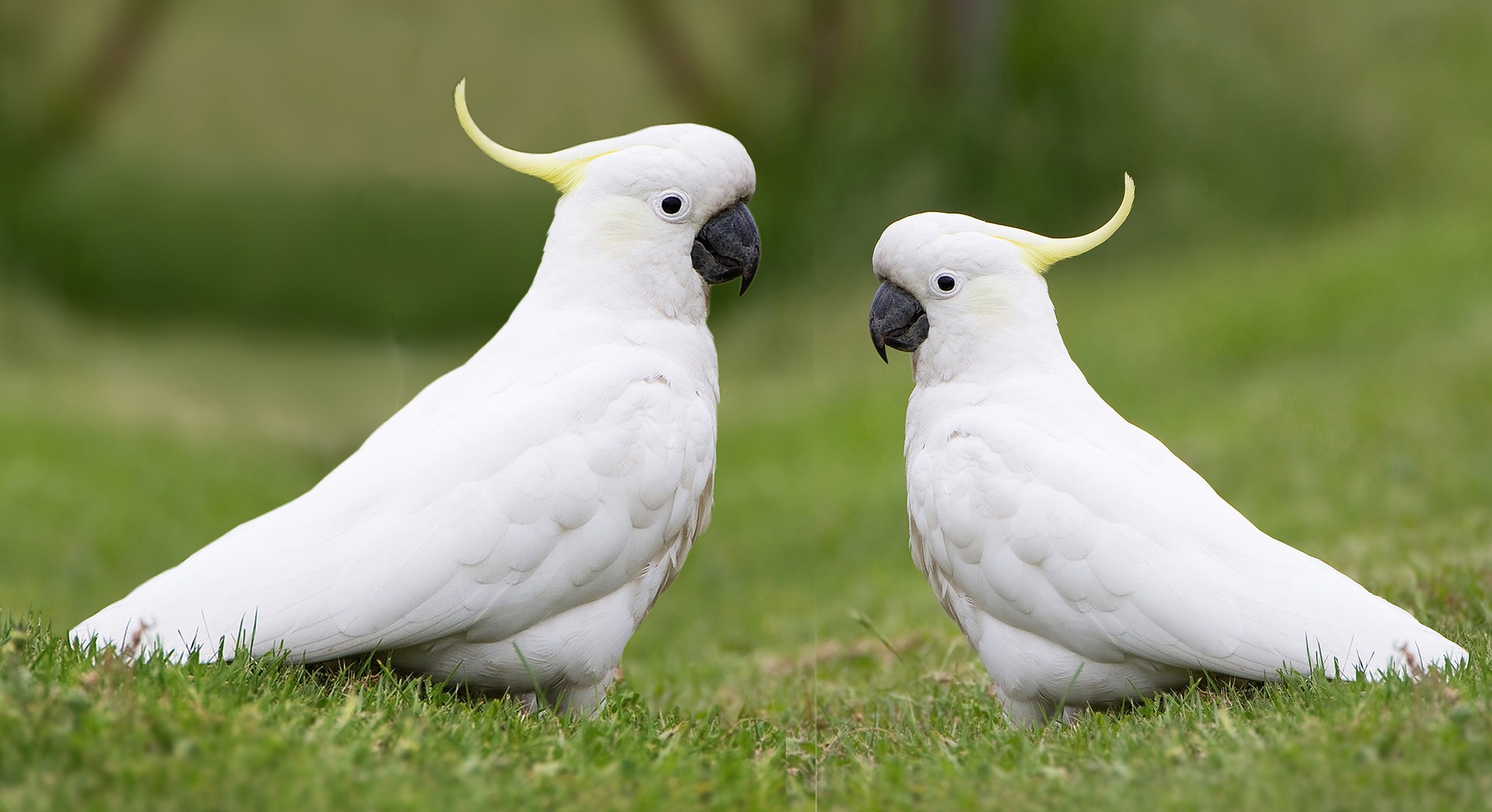A cockatoo is a long-lived bird, with many species known to live upwards of 60 years in captivity. However, the average lifespan of a cockatoo kept as a pet is generally much shorter due largely to substandard living conditions and inadequate diet and nutrition. So, how long do cockatoos live?
(here is a quick post on how to properly care for your pet bird)
Typical Lifespan in Captivity
The typical lifespan of a cockatoo in captivity is 20 to 30 years. However, many cockatoos live much longer than this, with some species known to live upwards of 60 years. The average lifespan of a cockatoo kept as a pet is generally much shorter due largely to substandard living conditions and inadequate diet and nutrition.
Proper Diet & Nutrition
A proper diet and nutrition are essential for your cockatoo’s long and healthy life. A diet that is too high in fat or sugar can lead to obesity and health problems such as diabetes, while a diet that is insufficient in vitamin A can lead to malnutrition and poor health.
Appropriate Cage Size & Lighting
Appropriate cage size and lighting are also important for the health of your cockatoo. A cage that is too small can lead to boredom and stress, while a cage that is too bright can cause eye problems.
Bird-Proofing Your Home
If you have a cockatoo, it is important to bird-proof your home to ensure its safety. This means removing potential hazards such as poisonous plants, electrical cords, and sharp objects.
Timing of Vet Visits
It is important to take your cockatoo for regular check-ups with a vet. This will help to ensure that he remains healthy and identify any potential health problems early. It’s recommended to go at least once a year, or if the bird starts acting strangely or starts to lose weight.
Factors Affecting Lifespan
How long do cockatoos live depends on several factors that can affect their lifespan. The following are some of the most important:
- Diet & Nutrition – A proper diet and nutrition are essential for your cockatoo’s long and healthy life. A diet that is too high in fat or sugar can lead to obesity and health problems such as diabetes, while a diet that is insufficient in vitamin A can lead to malnutrition and poor health.
- Cage Size & Lighting – Appropriate cage size and lighting are also important for the health of your cockatoo. A cage that is too small can lead to boredom and stress, while a cage that is too bright can cause eye problems.
- Bird-Proofing Your Home – If you have a cockatoo, it is important to bird-proof your home to ensure its safety. This means removing potential hazards such as poisonous plants, electrical cords, and sharp objects.
- Timing of Vet Visits – It is important to take your cockatoo for regular check-ups with a vet. This will help to ensure that he remains healthy and identify any potential health problems early.
- Genetics – The genes of your cockatoo can also affect his lifespan. Cockatoos with certain genetic disorders, such as polycystic kidney disease (PKD), tend to have shorter lifespans than those without these disorders.
Those are some important factors that affect the lifespan of a cockatoo.
How to take care of a Cockatoo to ensure a long lifespan?
You can do several things to take care of your cockatoo and help ensure a long and healthy life. In addition to the steps above, here are a few more things you can do to take care of your cockatoo.
The following are some tips:
- Provide a stress-free environment. Cockatoos that experience chronic stress tend to have shorter lifespans than those that do not. Stress can be caused by some factors, including overcrowding, loud noises, and lack of social interaction.
- Protect your cockatoo from extreme weather conditions. Extreme weather conditions can also affect the lifespan of a cockatoo. Cockatoos exposed to extremes of heat or cold are more likely to experience health problems and have shorter lifespans than those that are not.
By following these tips, you can help to ensure a long and healthy life for your cockatoo.
Conclusion
The lifespan of a cockatoo can vary depending on some factors, including diet and nutrition, cage size and lighting, genetics, environment, stress, and weather. By taking care of your cockatoo and providing him with a proper diet and nutrition, appropriate cage size and lighting, and a stress-free environment, you can help to ensure a long and healthy life.
Read out guide on how to stop your pet bird from biting now
